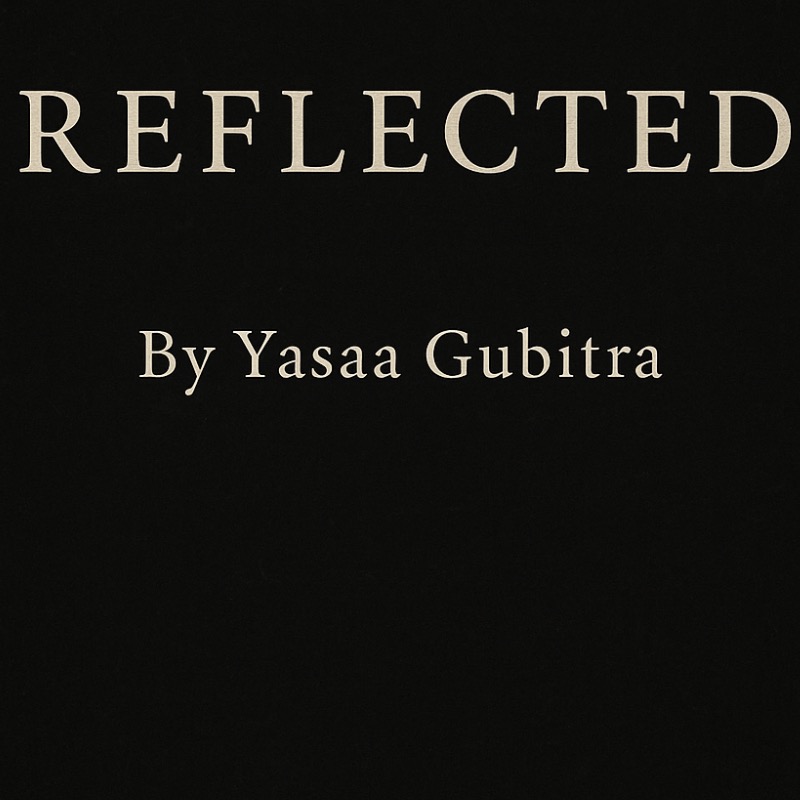It was 3:13 a.m. when the knock came.
Elena Ray stirred from her sleep, a chill creeping up her spine. The apartment was eerily quiet, the kind of stillness that only happens in the dead of night. Her breath fogged lightly in the cold air as she sat up, heart already racing before she was fully awake.
The knock came again. Soft, measured, but insistent. Three slow taps that echoed far longer than they should have.
Who would be knocking at this hour?
She rose from bed cautiously, her bare feet making no sound on the wooden floor. Her mind raced through possible scenarios—neighbors, deliveries, emergencies—but nothing felt right. Nothing about this was normal.
She approached the door and pressed her eye to the peephole.
Nothing. No one was there.
A flicker of relief passed through her, but it was gone as quickly as it came. The third knock was louder—sharp, deliberate. Then a voice followed, barely above a whisper.
“Elena…”
She froze. The voice was soft, strange, and yet disturbingly familiar. Her name spoken in her own tone, her own inflection, but… not quite hers.
Her heart pounded. Elena was alone in the apartment. She hadn’t told anyone she was here. No friends. No family nearby. This was meant to be her quiet place.
She stepped back from the door, unsure whether to hide, run, or scream. But the voice came again—gentler this time, coaxing.
“Let me in, Elena.”
Her hand trembled as she reached for the lock. Every instinct screamed for her to stop, but curiosity—something deeper, more primal—pushed her forward. Slowly, she unlatched the door and opened it just a crack.
No one.
Only the hallway light spilling in, silent and still. Except… something was left on the floor.
A small, plain envelope.
It was addressed to her, written in a tight, mechanical script. She hesitated before picking it up. The paper was ice-cold, as though it had been pulled from a freezer. Inside was a single card.
“I know what you did. The truth is not what you think it is. You never left.”
She dropped the envelope.
⸻
Morning came with an unnatural brightness, the kind that didn’t feel earned. Her memories of the night were already fuzzy, like a dream dissolving upon waking. But the envelope remained on the table, its message etched into her mind.
She called her sister, Lila, searching for reason, for grounding.
But Lila didn’t give her any.
“Elena,” she whispered on the other end, “you shouldn’t have opened the door.”
“What are you talking about?”
There was a long pause.
“You were gone for weeks,” Lila said, her voice breaking. “When they found you, you were… different.”
The words struck something. A memory she didn’t know she had. She remembered the crash. The headlights. The rain. The silence after. Then months in a hospital bed. But she hadn’t spoken of it. Not even to herself.
Different, Lila had said.
No one had said that before, but suddenly she understood what Lila meant. She had been surviving, but never quite living. Shadows followed her. Her reflection lingered too long in mirrors. People on the street looked at her with unease they couldn’t explain.
That night, she couldn’t sleep. At 3:13 a.m., right on cue, the knock returned.
Three taps. The same soft voice.
“Elena…”
Her body moved before she could think. To the door. Her hands unlocked it. Opened it.
Nothing. But another envelope.
This one held a photograph—aged, grainy, torn at the edges. A girl in a red dress. Long dark hair. Familiar, but wrong. Not just an old picture of her—an older version of something that never was.
She stared at the girl, at the uncanny smile that didn’t quite reach the eyes. The eyes were too dark, too deep, like looking into water that never ends.
The intercom buzzed.
She jumped, dropping the photo.
“Elena,” the voice crackled through, still hers, but drenched in static. “I’m here.”
⸻
The next day, Lila came over, shaken and pale.
“You have to understand,” she said, gripping Elena’s hand tightly. “The night you went missing… it wasn’t you who came back.”
“I don’t understand.”
Lila shook her head. “No. You were in a coma, but the doctors said there was brain activity. Then, just like that, you woke up. But you didn’t remember things right. You looked at me like I was someone else. Like I wasn’t supposed to be here.”
Elena opened her mouth, but Lila didn’t stop.
“You were colder. You smiled at the wrong times. You never cried again.”
Elena’s vision blurred. Her mind swam. That girl in the photo—was she Elena? Or something else entirely?
“I think,” Lila whispered, “something else took your place.”
⸻
That night, the knock didn’t come.
She waited. Her breath fogged up the window. But the knock never came. She should have felt relief.
Instead, the silence was worse.
At 4:01 a.m., she turned and found the door wide open.
A woman stood in the doorway.
She looked like Elena. But her eyes were pitch black, and her mouth curled up—not into a smile, but something far more ancient. Something hungry.
“It’s time,” the reflection said.
And Elena understood.
She hadn’t opened the door for a stranger.
She’d opened it for herself.



 React
React
 React
React
 React
React
 React
React
 React
React